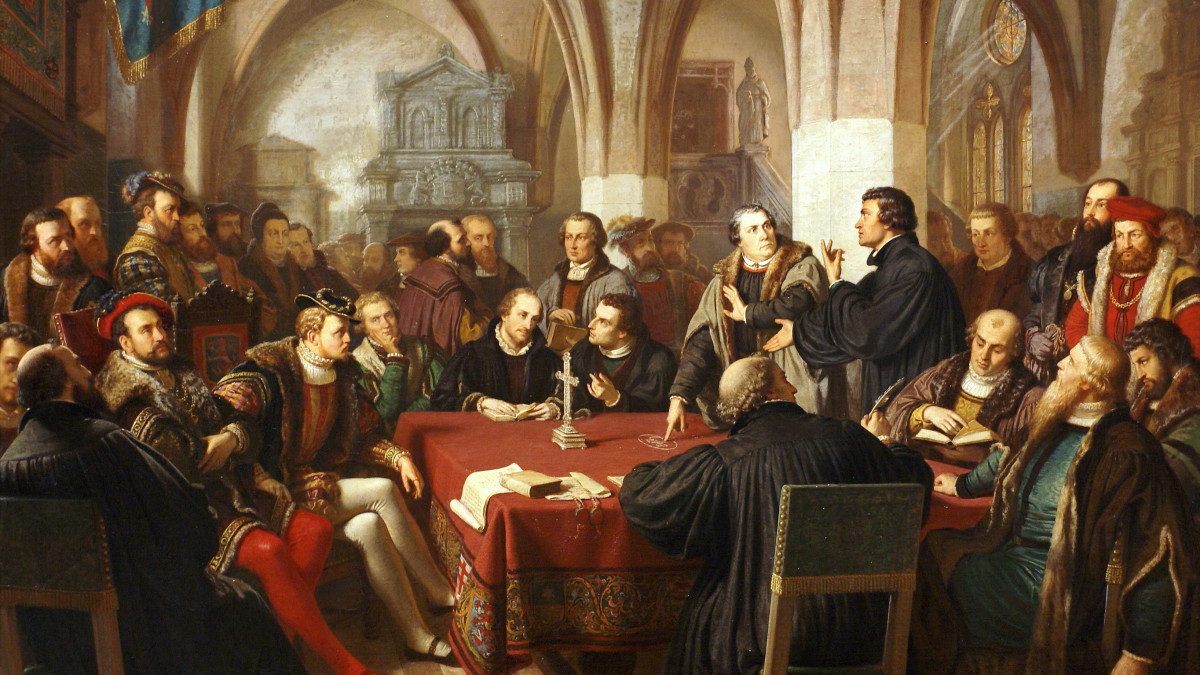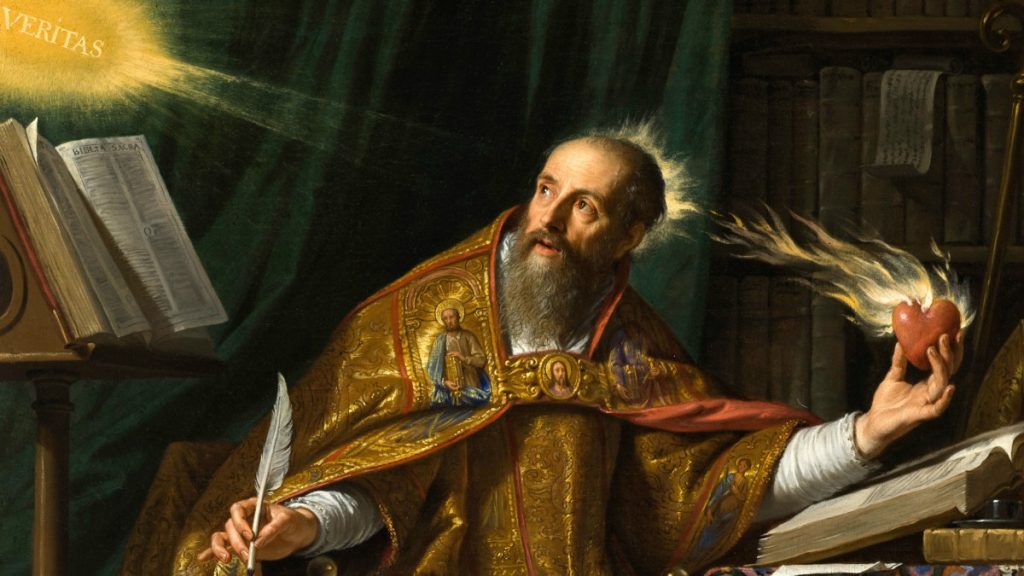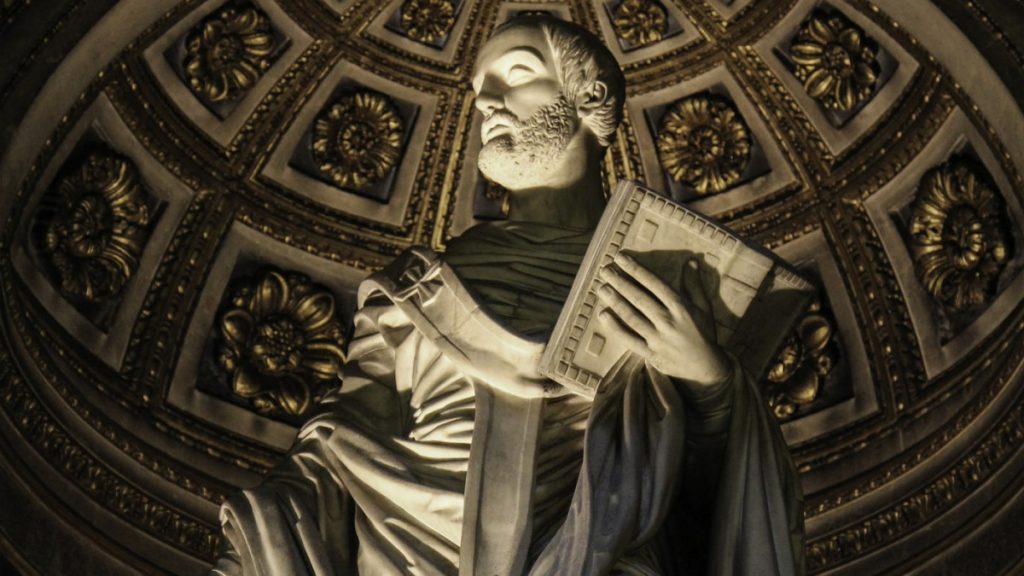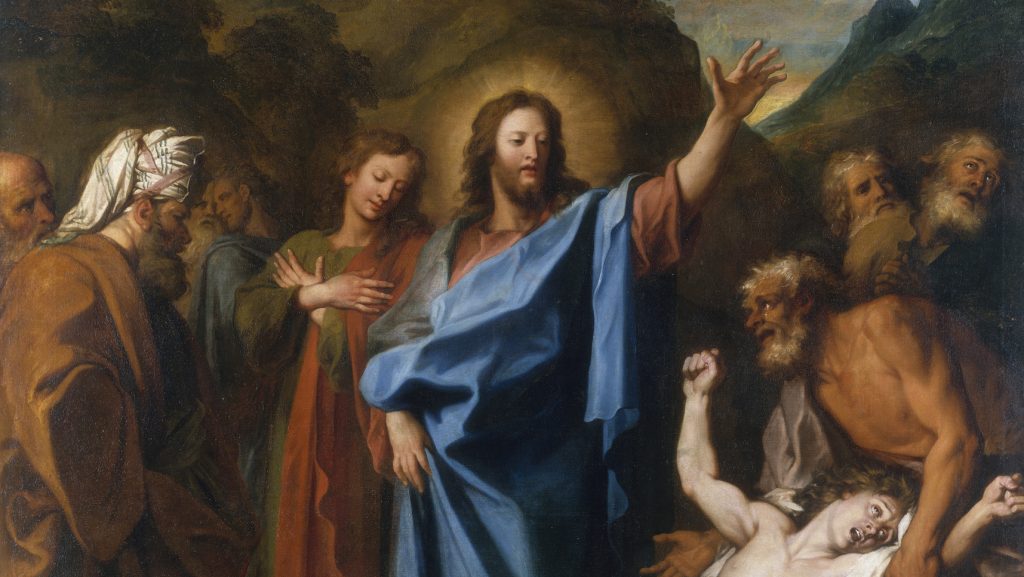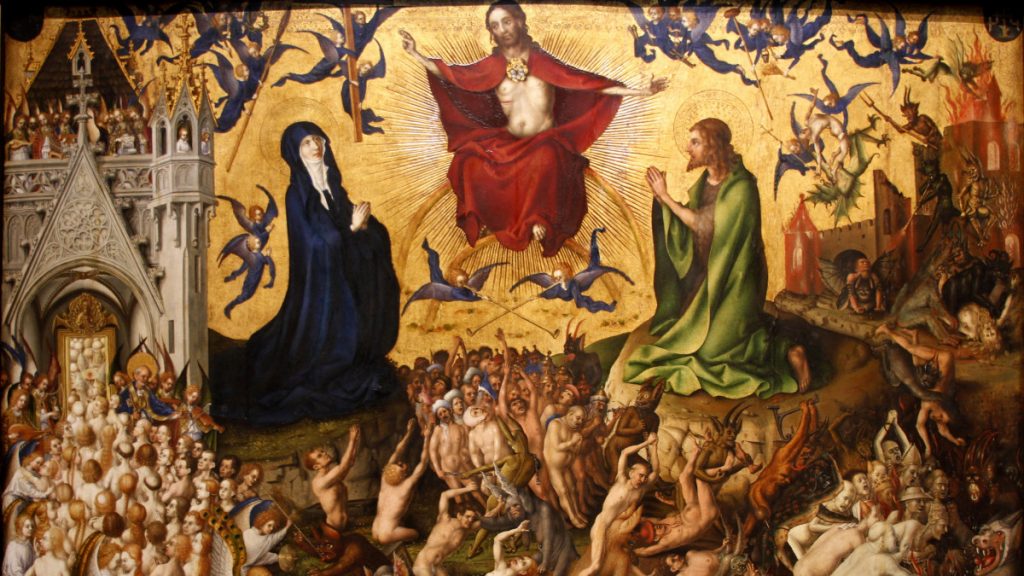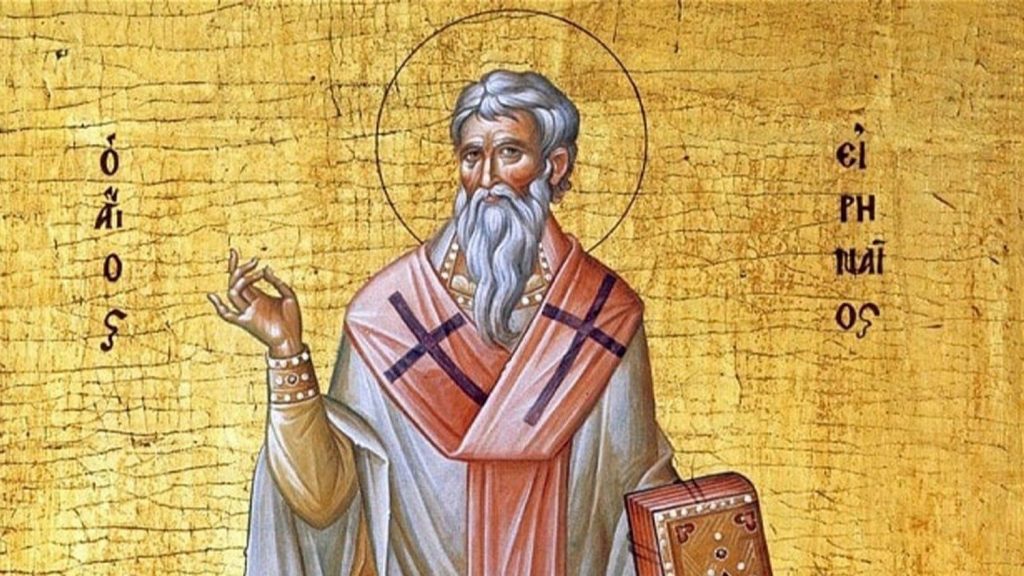I am set to be received into the Catholic Church in July 2019. I made the decision to convert in February 2018. I only considered the Catholic Church as a possibility (one I hated, despised, and feared) in July 2017. To become Catholic is, quite simply, the most unexpected turn of events of my entire life.
But the truth is, long before I was consciously considering the Catholic Church, there were many questions about the broadly protestant framework in which I was raised that never went away. Since deciding to convert, I’ve had many protestant friends ask me questions, and when I probe a bit deeper, it turns out quite a few of them had similar questions about similar topics, but assumed someone somewhere had come up with an answer—an assumption I made as well. Many devout protestants who later become Catholic or Orthodox have had similar questions, but failed to find satisfying answers within a protestant framework—all evidence that the protestant idea of the perspicuity of Scripture simply isn’t true. If Scripture is apparently so clear, and protestant ideas naturally leap off its pages, then why have so many people raised as protestants (especially educated ones), and without knowing anything about Catholicism or Orthodoxy, been unable to square what they were taught the Bible meant with the Bible itself? But I digress…
In 6th grade, I began reading Wayne Grudem’s Systematic Theology. I got the MacArthur Study Bible with some of the first bits of money I earned in high school teaching piano lessons, along with the Reformation Study Bible (R.C. Sproul). I also had my dad’s Geneva Study Bible, and would later get a New Kings James Version Study Bible and an ESV Study Bible in college. In my late teens I bought all of Calvin’s Commentaries and his Institutes, along with a good deal of Luther’s sermons, a six-volume collection of Charles Spurgeon’s sermons, books by John Piper, the puritans, etc. etc. etc.
I say all of this because it must be understood I always took my faith very seriously, very early. It was, after all, a matter of ultimate truth. How could I not?
And yet, so much of what I was learning from these sources simply didn’t make sense of the Bible. I found much in them that was good and edifying. But often, instead of clarifying basic questions about salvation and eternal destiny, they often made it murkier and harder to understand. I grew up loving the Bible, and to this day, I say no other book did more to bring me to the Catholic Church than it. The reason why is because what I was being told it meant simply didn’t make a lot of sense to me when I actually read it.
In short, I was struggling with these sorts of issues a long time before I ever thought of the Catholic Church—indeed, when I was deeply suspicious and bigoted toward the Catholic Church. And the reason why was the Bible.
These struggles, these questions, were often caused by what I’ll call “vexing verses”—verses that raised questions to which I could find no satisfying answers within a broadly protestant framework.
I can’t possibly list all the questions I had in one blog post. But I’ll be addressing many of them throughout my “Becoming Catholic” series.
Framing my struggles with each of these “vexing verses” were two larger questions that framed all the others: what was “the gospel,” and what was “biblical”?
Which “gospel”?
Growing up, I constantly heard about “the gospel.” Everyone appealed to the Bible as their authority for what “the gospel” was. The problem was, they often came up with quite different answers. So the biggest question I had was “which gospel?” Each sect, denomination, or whatever you want to call them, had profoundly different views on what the Bible meant, and hence what “the gospel” meant. Each denomination had their own style of worship, liturgy, preaching, and theology. But they all claimed to preach “the gospel.” So which one was right? Which one taught the “true” gospel? The Bible seemed to propose one Gospel that was binding on all. I was hearing many that were binding on none. If someone disagreed with their pastor or church, they just moved on to a new church, or founded their own. While their fellow protestants may disagree with them on this, they had no way, in principle, to say they had no right to do such a thing. I saw zero examples of this sort of behavior in the Bible.
Which “biblical”?
This was basically the same question as with “the gospel.” Every church, every Christian I knew, claimed that everything they believed and did was “biblical.” But this raised the same basic problem: their beliefs were often not only different, but often contradictory. So who was actually “biblical”? Reading the Bible, again, I found no precedence for this whatsoever.
Do we baptize babies or don’t we? Do we sing these types of songs, or those? Do we sing at all? What about dance? What is “worship”? Do we do communion once a week, once a quarter, once a year? Wine or Welch’s? Is communion central, or peripheral, to Christian worship? Should the pastor be formal, or casual? Exegetical or topical preaching? Faith alone, or did works matter a bit? If so, how much? Baptismal regeneration or not? Once saved always saved? Lose your salvation? Backsliding? How often do we need altar calls?—let alone, I would ask myself, “where the heck is the altar!?” (I had to wait to become Catholic to experience an actual “altar call”). Should Sundays be “seeker friendly” or just for the already initiated? Is tithing required? Is membership required? Should the pastor have an elder board? Independent congregations, or denominational oversight? Can someone endlessly sin and still be saved? What about “lordship salvation”? What about divorce and remarriage? Pornography? Touchy subjects like masturbation and contraception? Female ordination? “Carnal” Christians? Forensic or infused righteousness? What is the church? Who gets to define “heresy”? What are the “essentials” and “non-essentials”? And don’t even get me started on those charismatic gifts!
On and on and on. Admittedly, some of these are not huge issues—but many of them are. And throughout my life, I was deeply troubled by the fact that many people who claimed (truthfully, I believe) to love Jesus, and also asserted the Bible as their only infallible authority, were all coming up with very, very different answers.
To make matters worse, I knew lots of smart people on multiple sides of each issue. Who was right? How could I know? Even if I was convinced of a particular interpretation, there were very smart, godly men and women who I respected who took the exact opposite side. We contradicted. But if these were matters of eternal salvation (as some of them no doubt are) how could this be so? Was the faith in doubt? Who could define it? Who decided which was right? Did I simply have to make my best guess as to the proper interpretation of the Bible? Is that what my soul ultimately depended on—an educated guess with no claim on certainty?
But I had never seen any such thing in the Bible itself. Were Christians always behaving and getting along in Scripture? Absolutely not. But the idea that individuals, congregations, or different denominations could interpret Scripture to the best of their own ability, and then directly contradict that of other Christians, is simply nowhere to be found in the Bible. In this case, it was the lack of any verses that supported such an arrangement that proved to be most vexing.
To make the matter even worse, many people claimed that the Holy Spirit had guided them to their interpretation of the Bible. But this, with a cornucopia of conflicting interpretations to choose from, meant there were only three possibilities:
- Only one interpretation was correct;
- None of the interpretations was correct; or
- The Holy Spirit was schizophrenic.
The last option was obviously blasphemous. Option 2 led nowhere. And Option 1 left me in the same quandary: how do I know which one with any certainty? How could I know Christian truth beyond mere opinion?
If faith was a “yes” to God—but I couldn’t know for sure what exactly God had said, or required of me—then how could I say “yes”?
Conclusion
I was haunted by questions such as these for more than a decade before I read a single word by a Catholic. But my love of the Bible, my burning desire to understand it, my inability to make sense of so much of it within a protestant framework, alongside the appeals made to it as the authority undergirding wildly divergent and contradictory theologies, compelled me to dig deeper.
That dig is, of course, the subject of this blog series.
